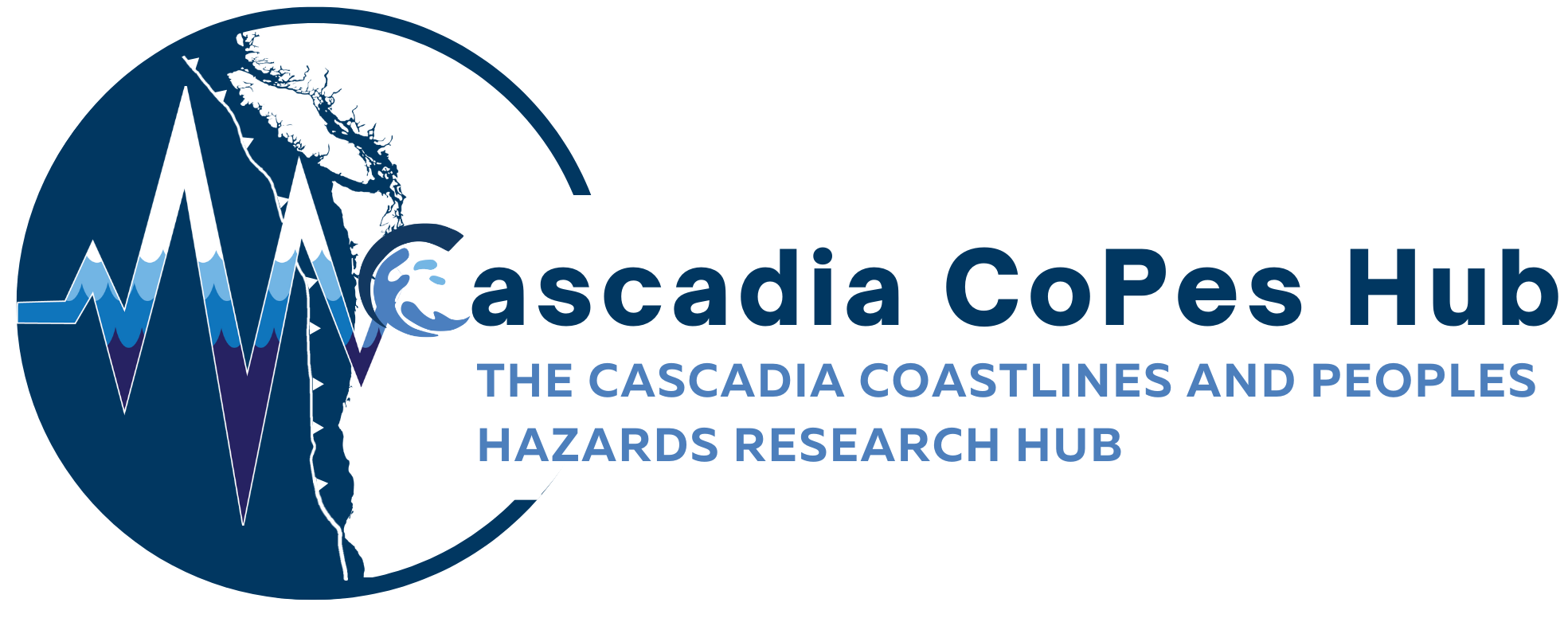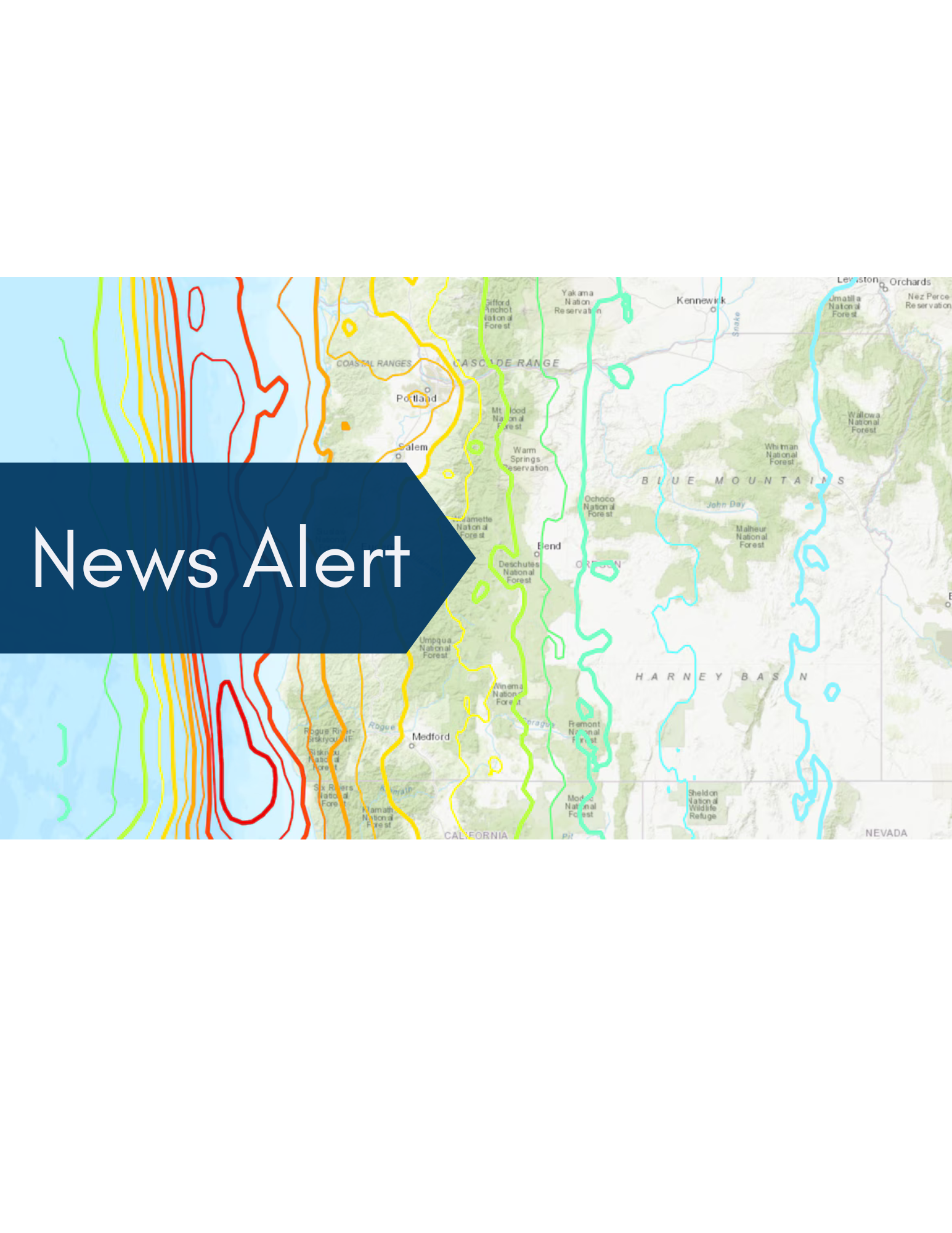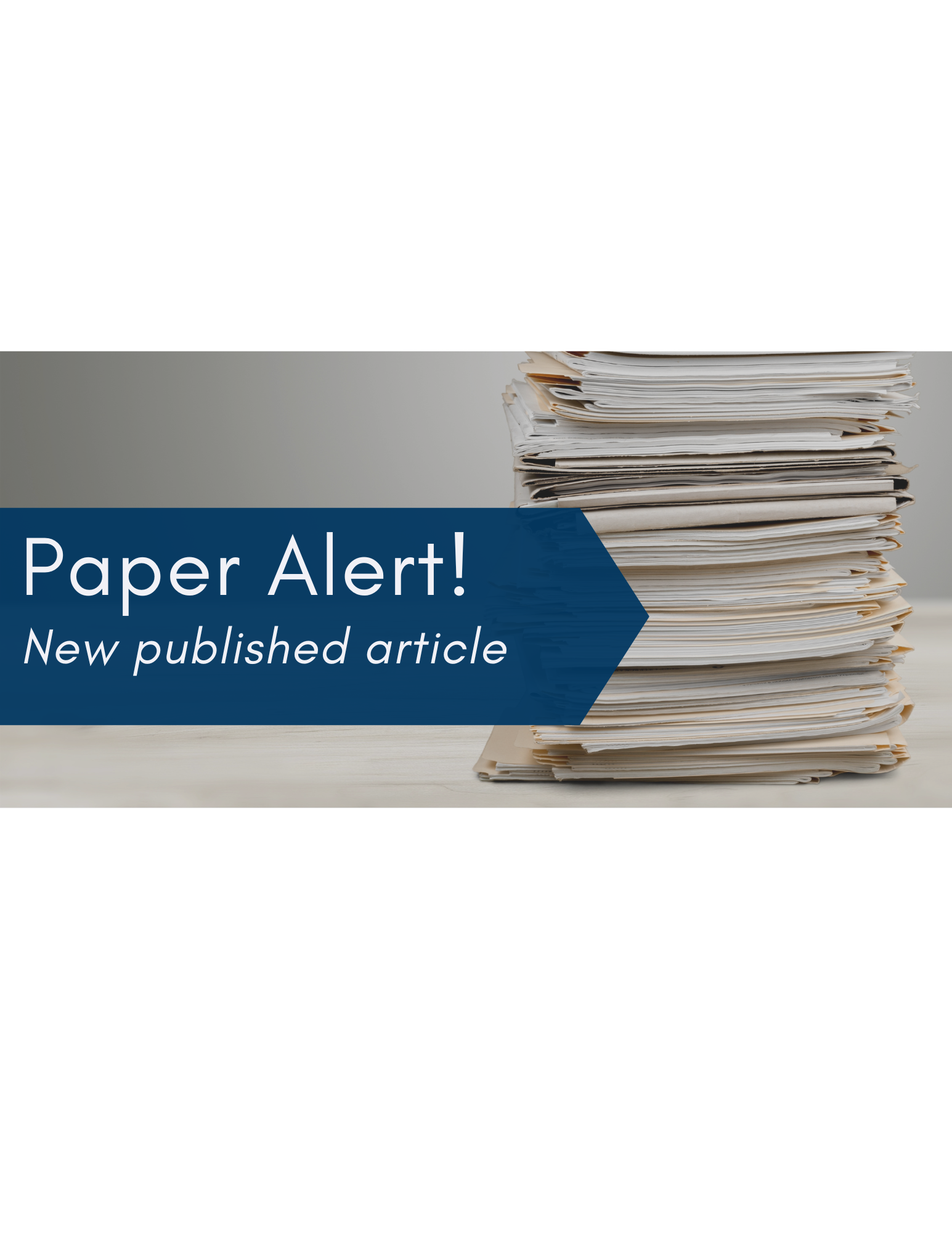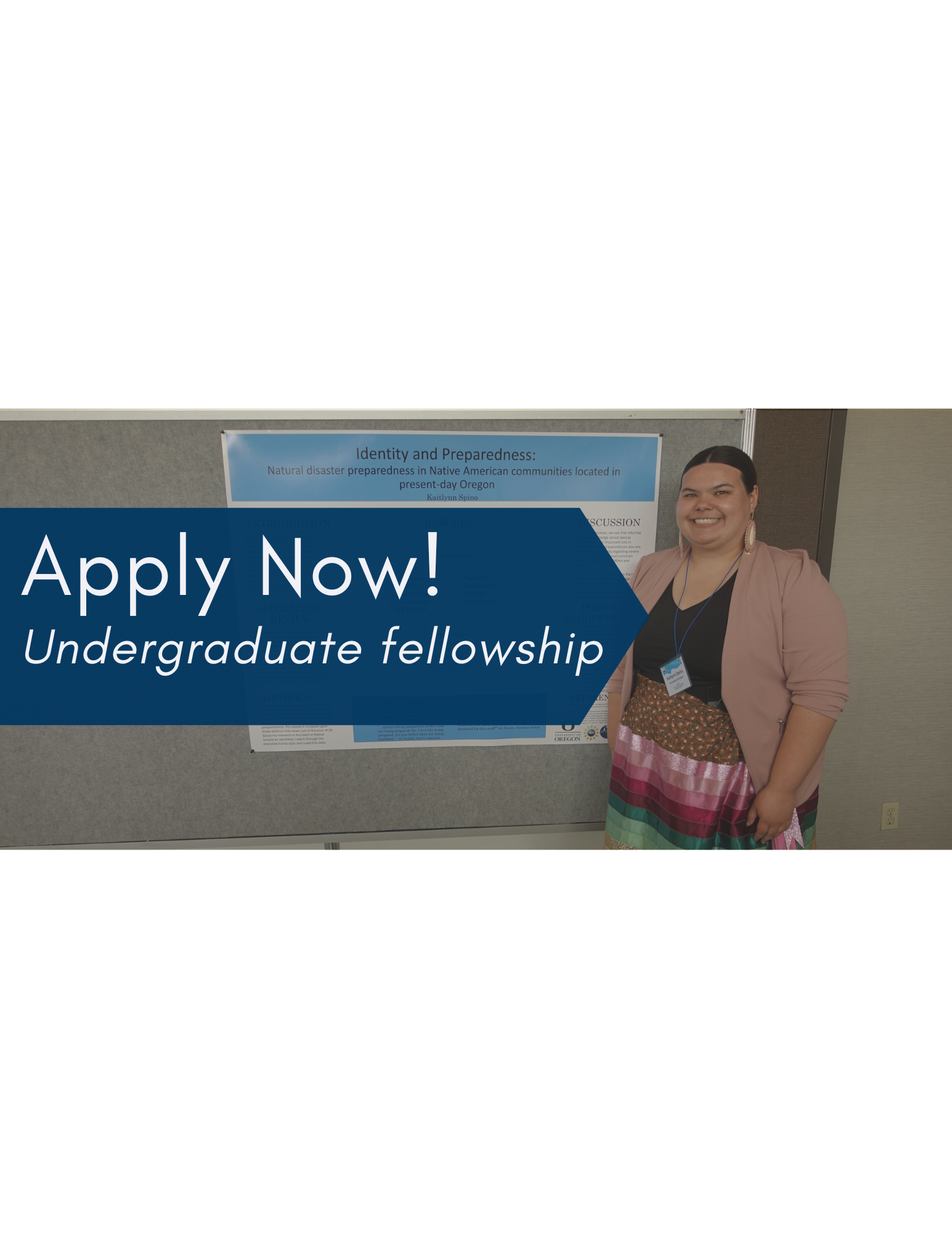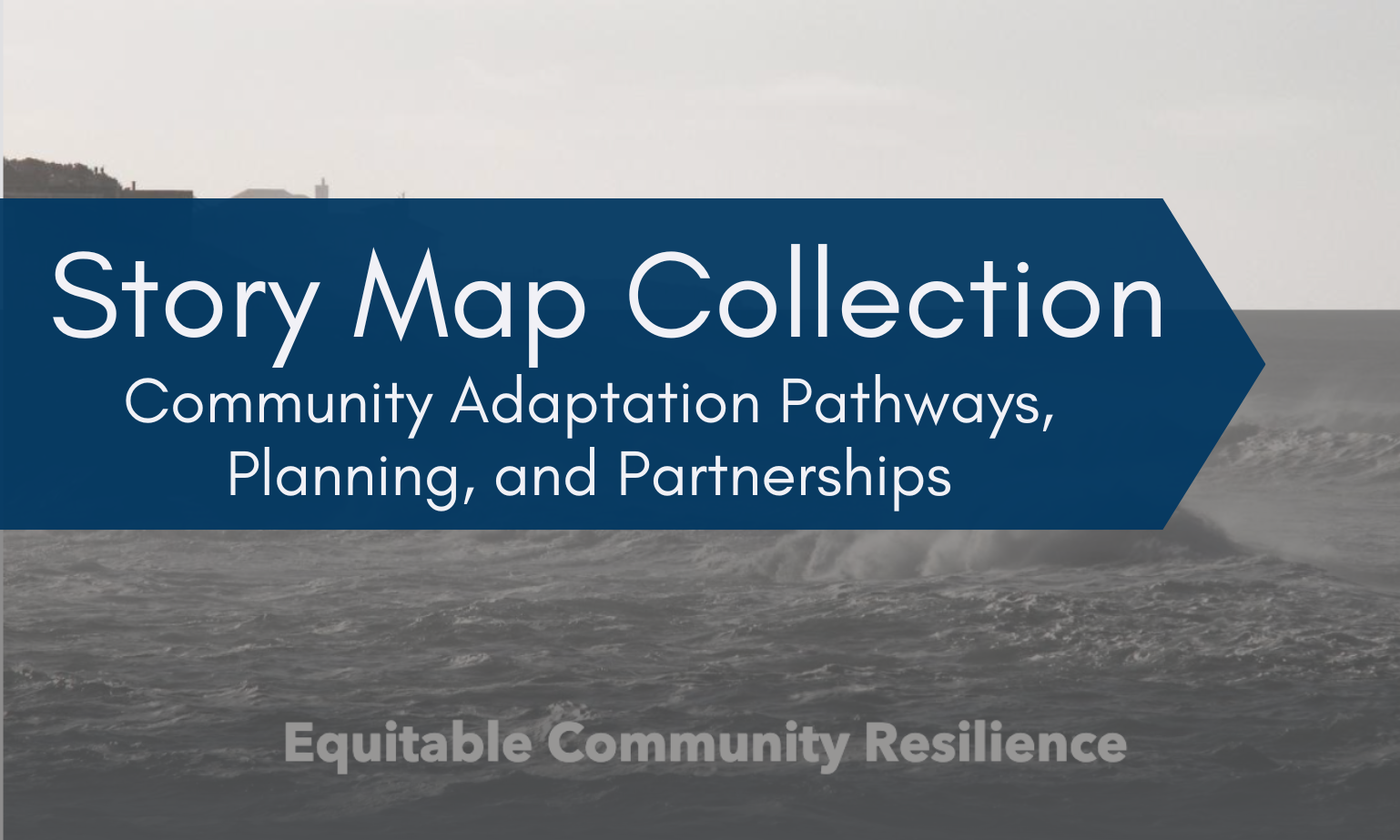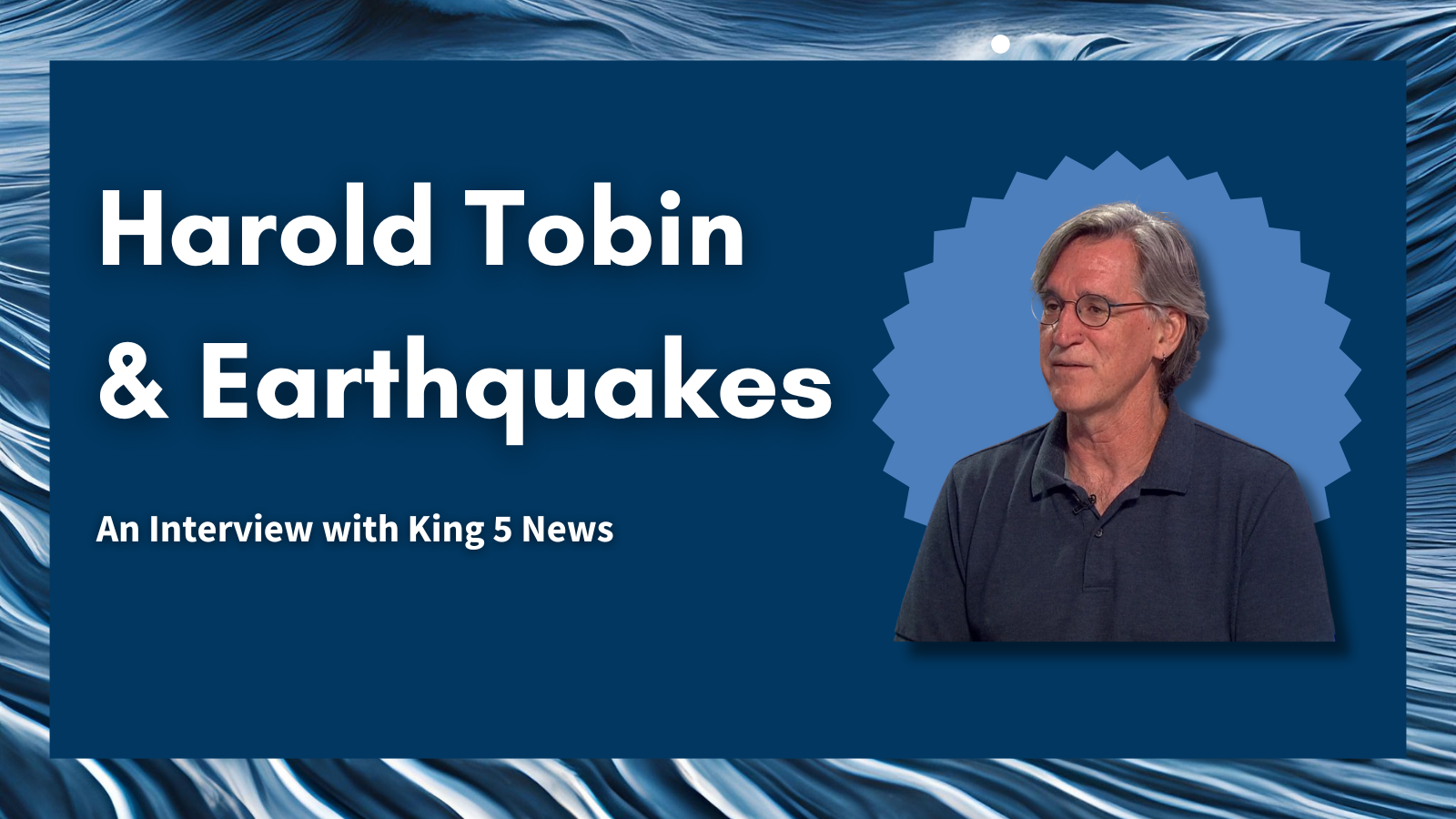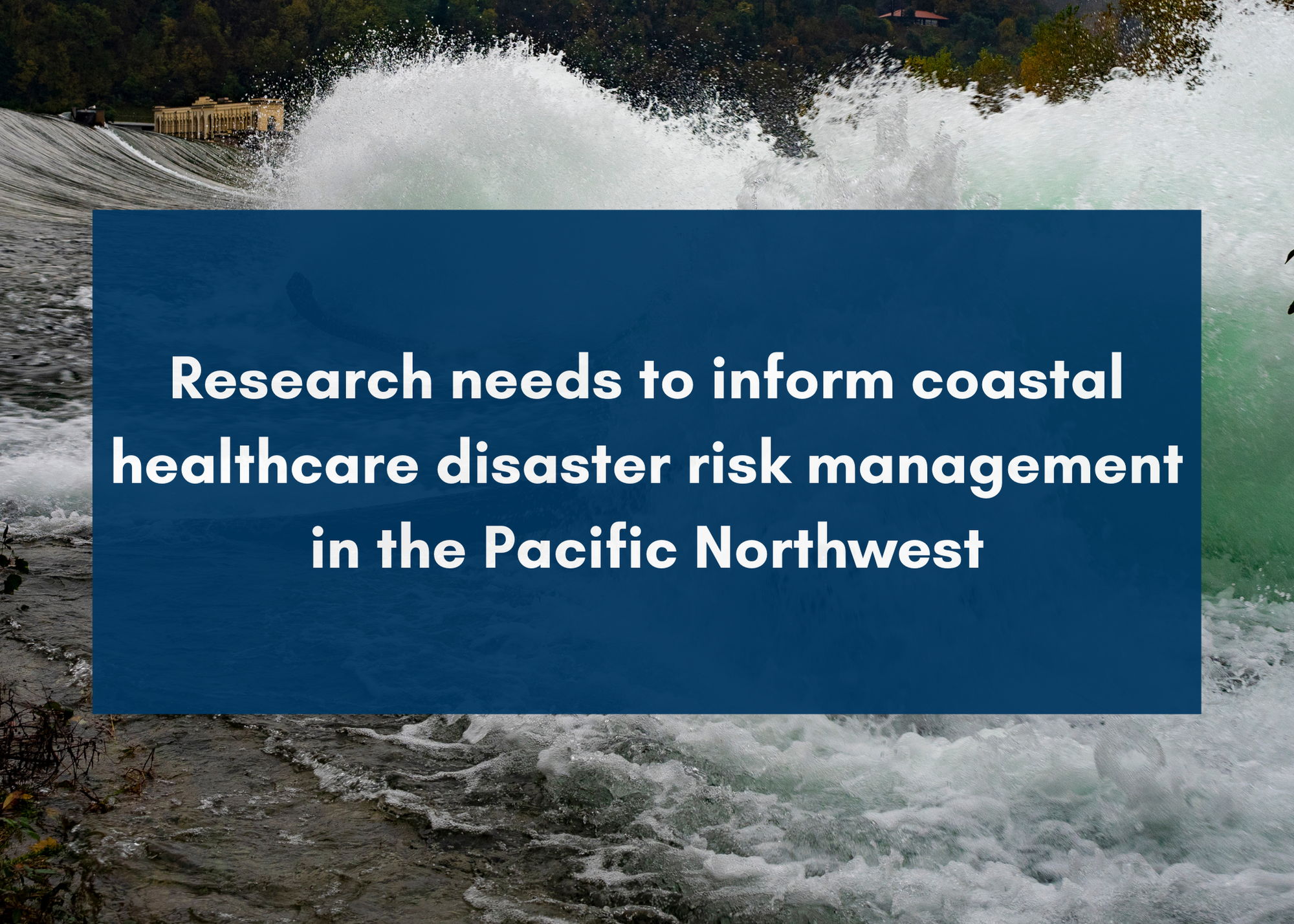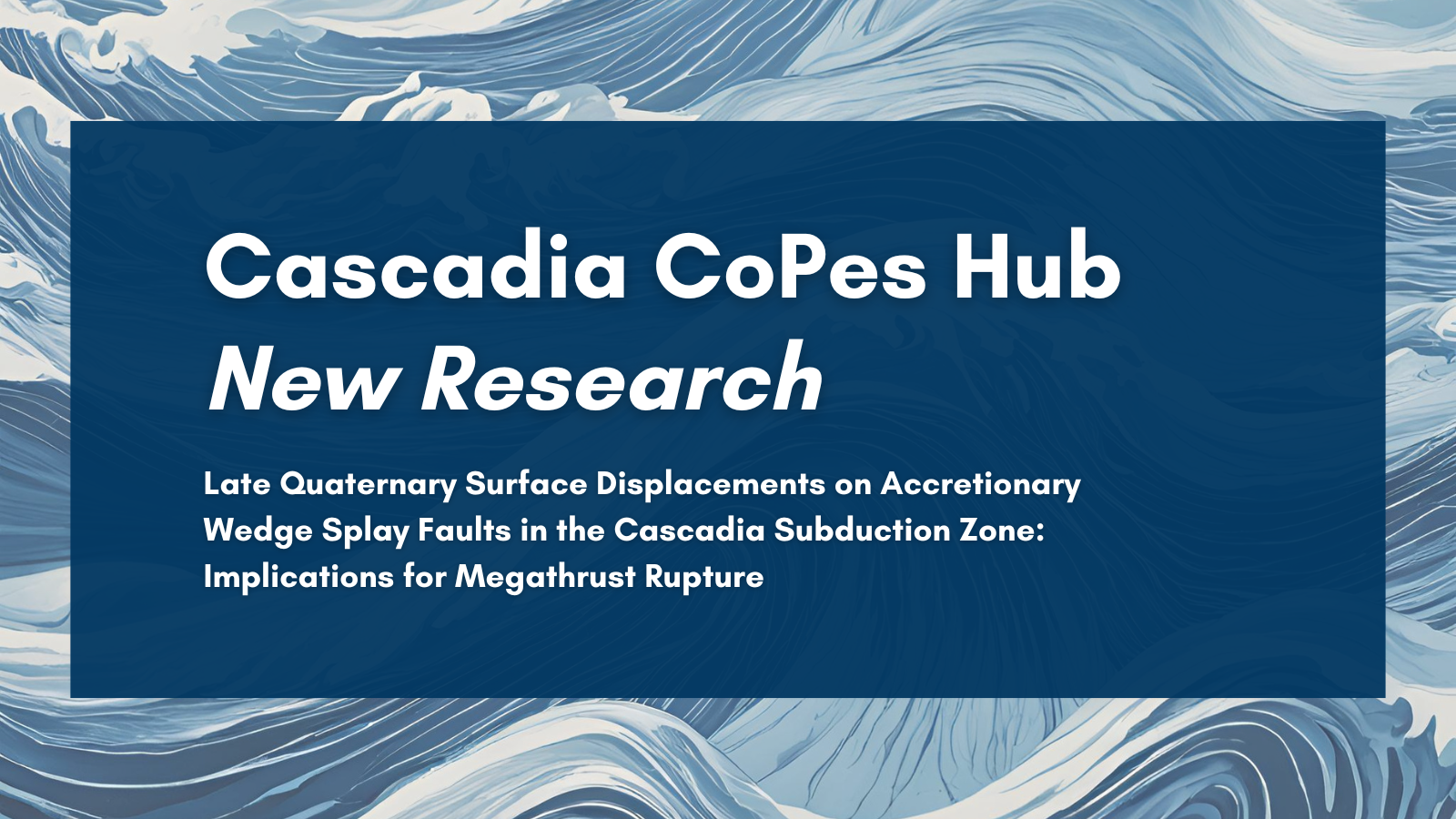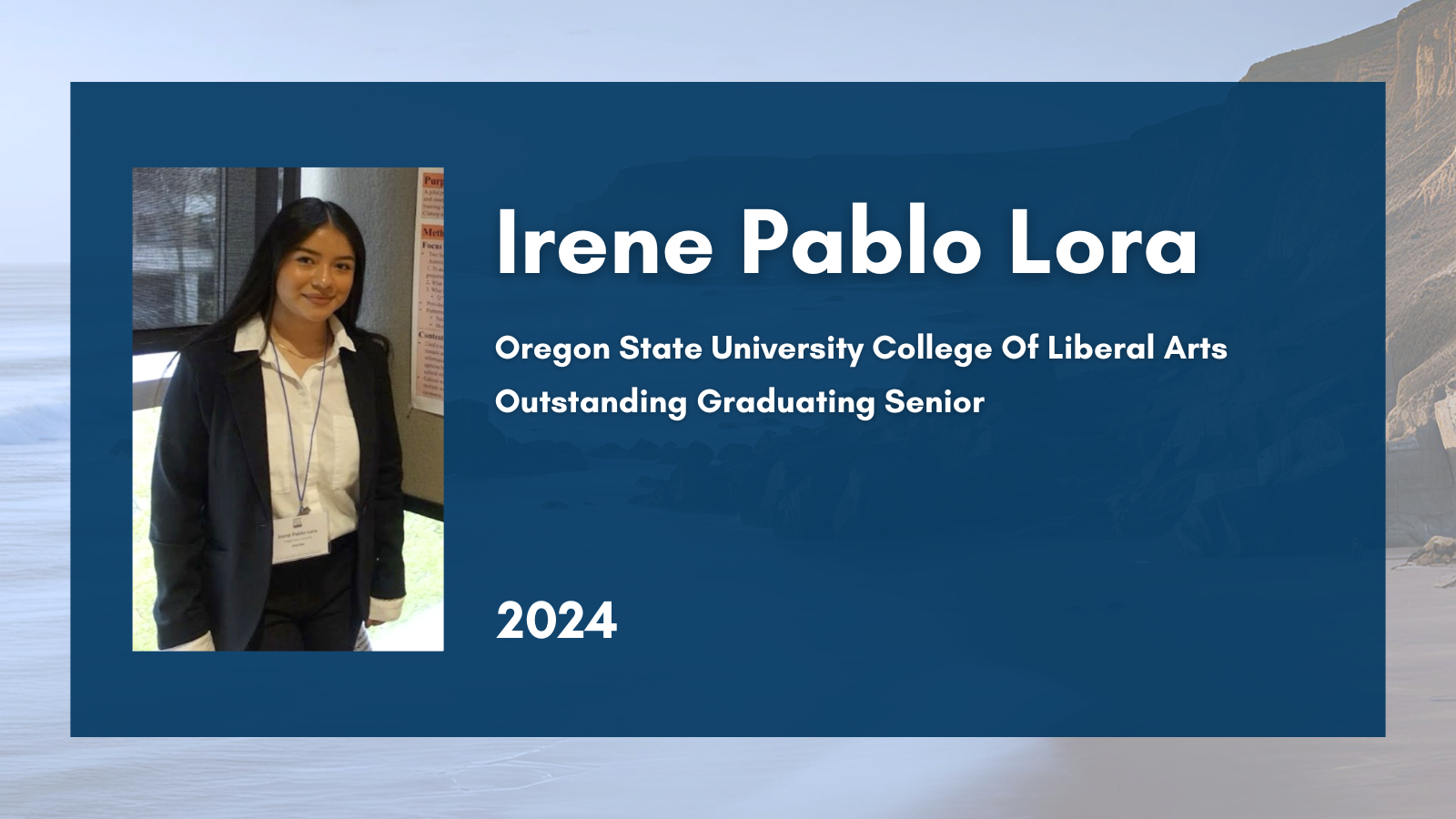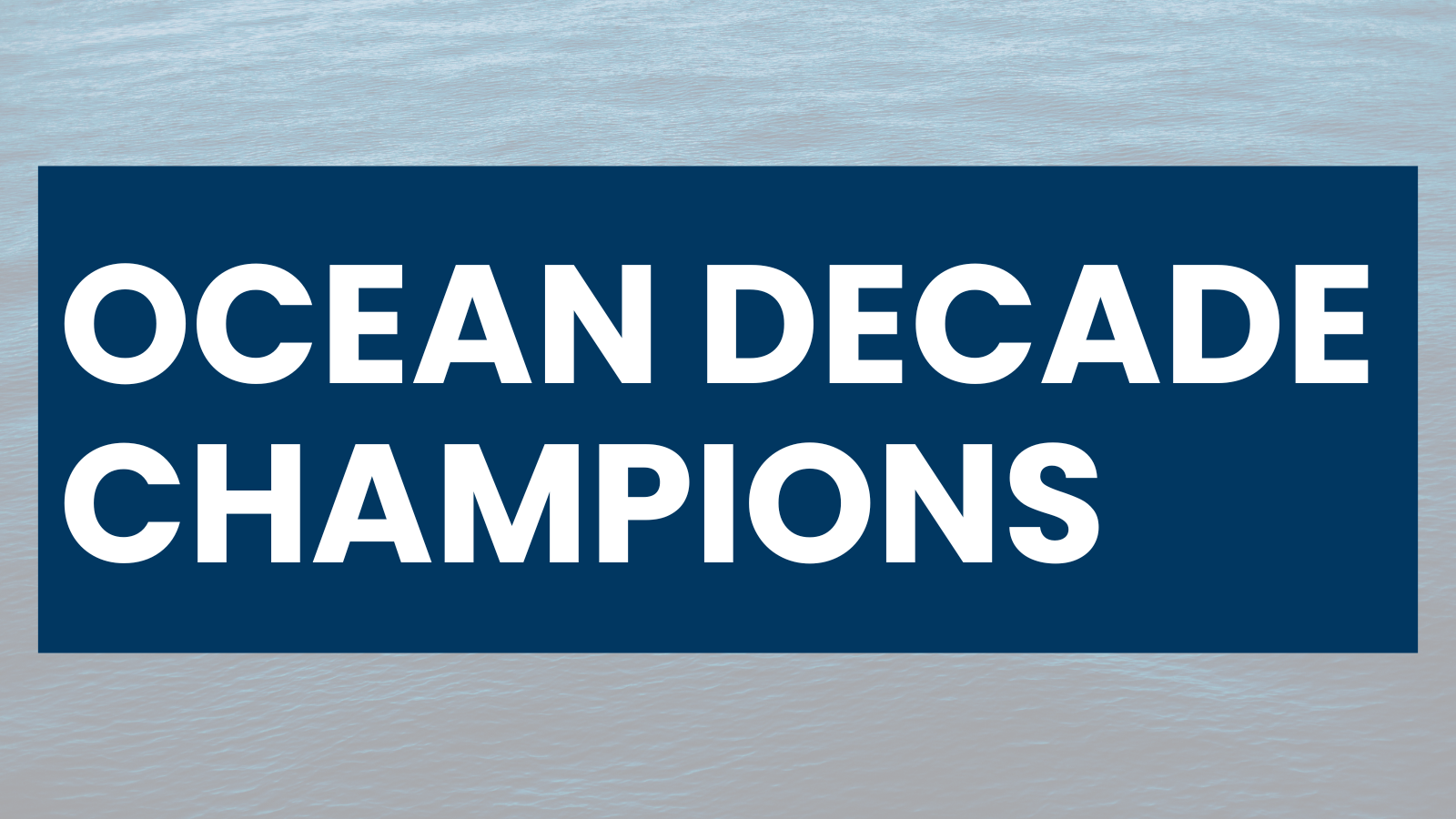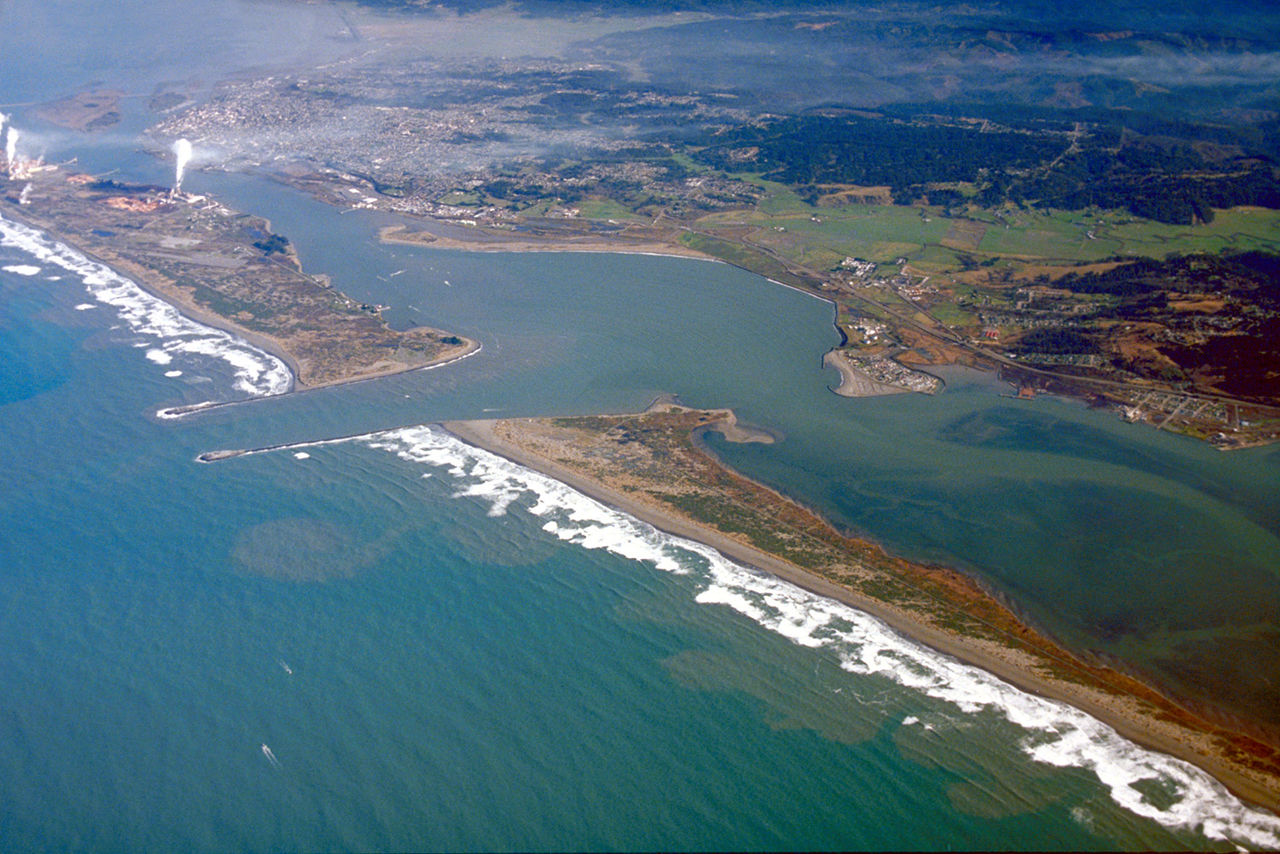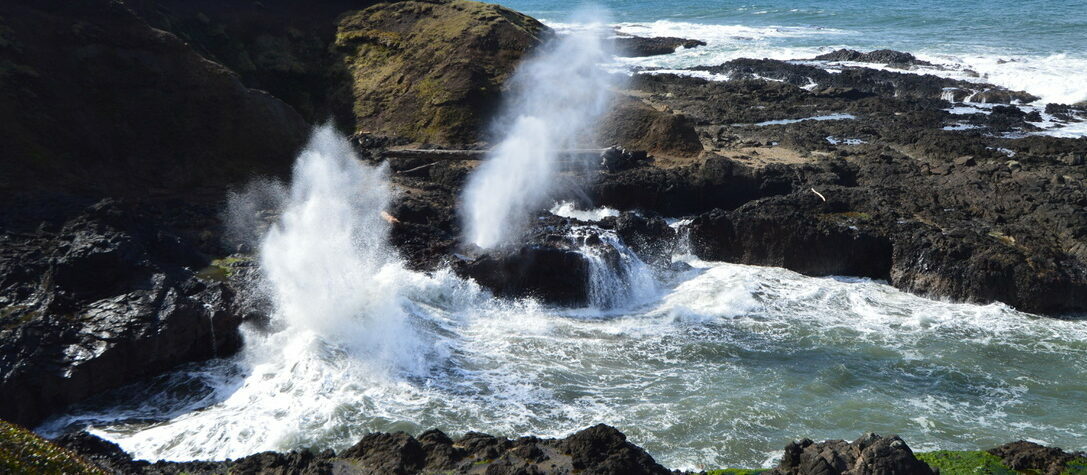Blog Posts
Before leaving office, President Joe Biden awarded nearly 400 scientists […]
A new article from The Oregonian written by reporter Lizzy […]
Daily vulnerability and disaster resilience: a case study of preferred […]
The Cascadia Coastlines and Peoples Hazards Research (CoPes) Hub is […]
A 6.0 Earthquake occurred today (October 30, 2024) off the […]
We are excited to announce that the Community Adaptation Pathways, Planning, […]
A new informational flyer (in English and Spanish) that supports […]
The Cascadia CoPes Hub annually funds 3-5 pilot projects, each […]
Hub principal investigator and Pacific Northwest Seismic Network director, Harold Tobin, spoke with Washington’s King 5 news network about a recent earthquake in Washington.
Coastal communities may be at increased risk of healthcare access disruptions in a major disaster due to their geographical isolation, limited availability of specialized resources locally, and proximity to hazards.
Research on splay faults in the Cascadia Subduction Zone (CSZ) from the Cascadia CoPes Hub was recently published in a special issue of Seismica.
Irene Pablo Lora, a Cascadia CoPes Hub CHARTER Fellow, has been named one of the 15 Oregon State University College of Liberal Arts Outstanding Graduating Seniors.
Coastal hazards are inevitable and affect all coastal communities. However, the lasting impacts of these hazards are inequitably distributed, with minority groups often bearing the brunt.
Congratulations to Hub members Dr. Kendall Valentine and Dr. Jamie Donatuto who are the recipients of the 2023 Ocean Decade Champions awards!
Each project engages coastal communities and provides resources to help strengthen the current hazard mitigation infrastructure.
The Cascadia CoPes Hub organized a science communication workshop held on July 21, 2023, centered around the topics of risk, uncertainty, and science communication in relation to natural hazards.
Along the West coast, Wigi (or Humboldt Bay) “is a part of the ancestral and present day territory of the Wiyot people [and] is experiencing the fastest rate of relative sea level rise” with a projected rise of 3 feet by 2060.
The Cascadia CoPes Hub hosted a virtual workshop to connect our researchers with state and federal agency partners to discuss plans for new geohazards research planned by the Hub and agency partners.
The Cascadia CoPes Hub has recently awarded 5, one-year pilot research projects. These pilot projects are engaging communities and supporting emergent research activities to support information needs identified by tribes and other coastal communities. Each project has been funded for 1 year.
